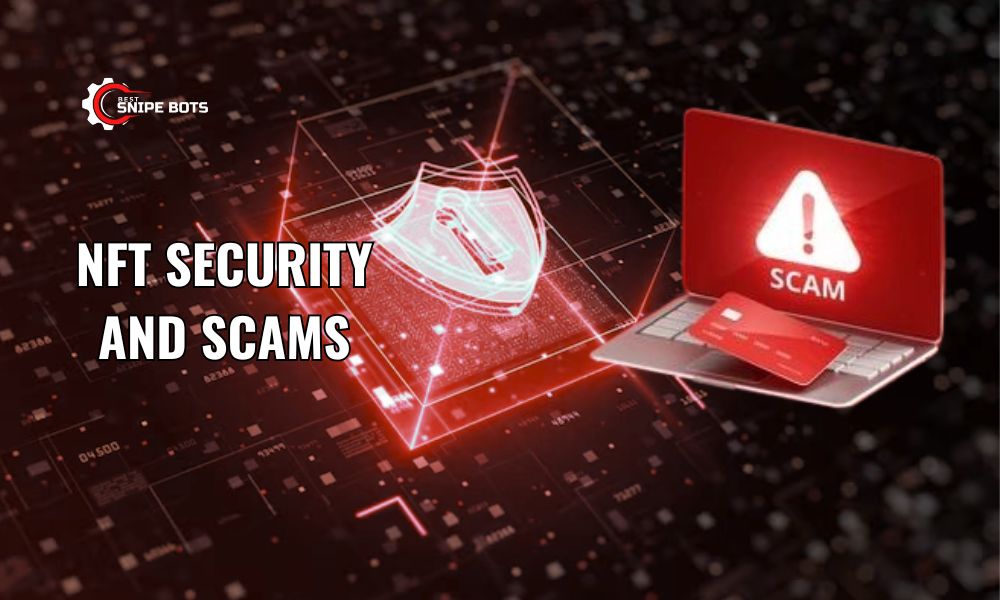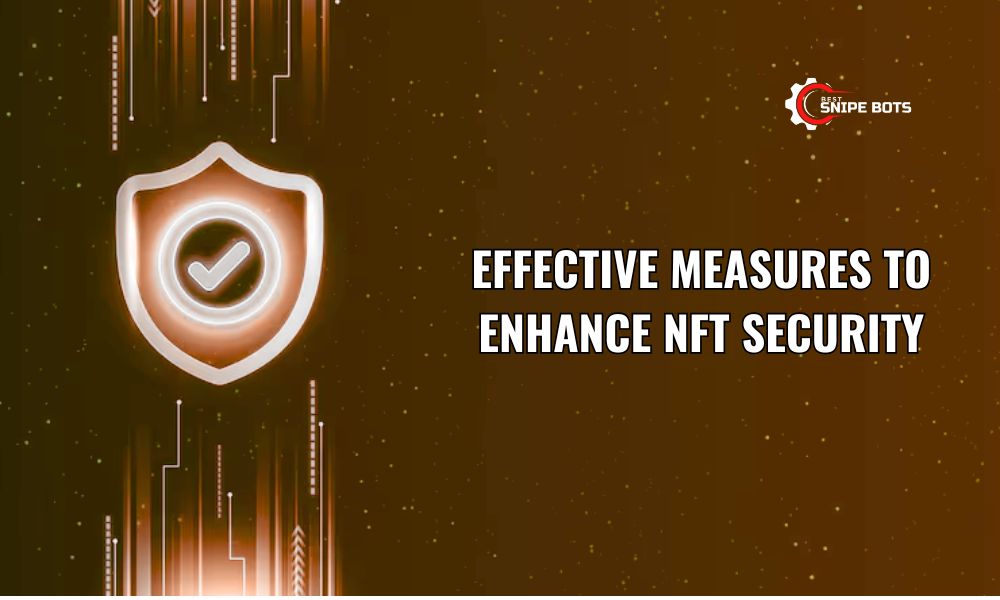NFT security and scams are crucial considerations for protecting your valuable digital assets in the booming NFT market, which presents numerous opportunities but also harbors unforeseen risks. This article will equip you with the necessary knowledge to identify sophisticated schemes and effective preventive measures, ensuring a safer experience in the digital collectibles space.

Common forms of NFT scams
Identifying scam tactics is the first step to avoidance. Here are some prevalent forms:
Phishing: Scammers create fake websites, emails, or messages impersonating reputable NFT marketplaces (like OpenSea, Rarible), popular NFT projects, or crypto wallets. The goal is to lure users into clicking malicious links, connecting their wallets, or providing their private keys/seed phrases.
Rug pulls: The development team of an NFT project heavily promotes it, attracts investors to buy NFTs, then suddenly disappears with all the collected funds, leaving behind a worthless project. This is a significant concern related to NFT security and scams.
Bidding scams: Scammers might use secondary accounts to artificially inflate the price of their NFTs, creating a false sense of scarcity. Alternatively, they might switch the bidding currency (e.g., from WETH to ETH, which has a much lower value) without clear notification, causing sellers to lose out.
Fake airdrops and giveaways: The promise of free NFTs or tokens is often very enticing. Scammers exploit this by asking users to connect their wallets to a malicious website or send a small fee to “claim their reward,” ultimately stealing assets from the wallet.
Impersonation: Malicious actors create fake social media accounts impersonating artists, celebrities, or support staff of NFT projects. They proactively message users, offering help or special deals to steal information.
Malware in fake minting sites: Fake NFT minting websites can contain malicious code. When a user interacts (e.g., clicks a “mint” button), malware can be installed on their device, or a malicious smart contract can be approved, allowing the scammer to drain their wallet.
Effective measures to enhance NFT security

To protect yourself from these risks, you need to proactively implement the following NFT security and scams prevention measures:
Use a hardware wallet: This is the most secure way to store your private keys offline, far from hackers’ reach. Ledger and Trezor are two popular hardware wallet brands.
Absolutely protect your private key and seed phrase: Never share them with anyone, and do not store them on internet-connected devices or cloud services. Write them down on paper and keep them in a safe place.
Thoroughly verify projects and communities: Before buying an NFT or joining a project, do your own research (DYOR). Check the website, development team, roadmap, and community activity on Discord, Twitter. Be wary of promises of unrealistic profits.
Be cautious with direct messages (DMs) and strange links: Never click on suspicious links or provide personal information via DMs, even if the sender claims to be support staff. Reputable projects rarely DM you first.
Use strong, unique passwords and enable two-factor authentication (2FA): Apply this to all accounts related to NFTs (exchanges, email, social media).
Double-check the contract address: When minting or trading NFTs, ensure you are interacting with the correct contract address for that project. This information is usually published on the official website or reputable communication channels of the project.
Understand the permissions you grant when interacting with smart contracts: Carefully read transaction approval requests before confirming. If a website requests unlimited access to your NFTs or tokens, be extremely cautious.
Stay updated: The field of NFT security and scams is constantly changing. Follow reputable news sources to stay informed about new threats and prevention methods.
What if you unfortunately become a victim?
Although very difficult, if you suspect you’ve been scammed:
- Disconnect your wallet: Revoke access permissions from suspicious smart contracts using tools like Revoke.cash.
- Report: Notify the marketplace (if applicable), the community, and relevant authorities (though their ability to intervene may be limited).
- Learn from it: This is an expensive lesson, but it’s important to learn from it to protect yourself better in the future.
The NFT market, while promising, has pitfalls. This article, by explaining NFT security and scams, empowers you to protect your digital assets. Equip yourself with knowledge and caution for safe trading. For more insights and guidance in this exciting digital space, be sure to follow Best Sniper Bot.